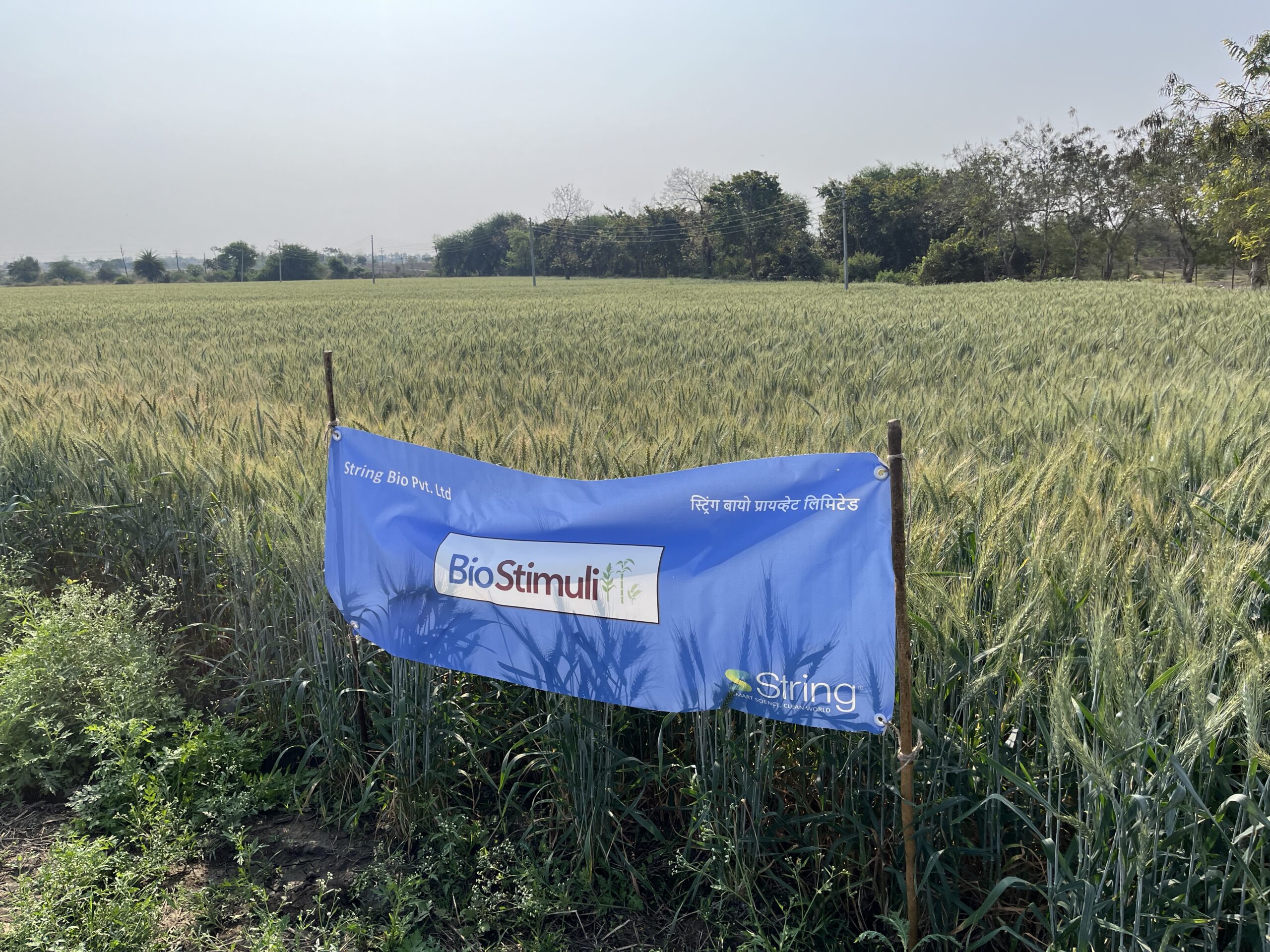Challenges in Wheat Cultivation
Indian wheat growers today are facing increasing challenges such as limited supply of fertilizers, soaring fertilizer prices year on year, and rising production costs. Climate variability, such as untimely rains, heat stress, and pest infestations, significantly impacts crop yields and quality. Additionally, soil degradation, water scarcity, and declining farm profitability further amplify the sustainability concerns associated with wheat cultivation.
Farmers also battle with issues like wheat rusts, aphids, and other pathogens, necessitating continuous research and adoption of resistant varieties and bio-control measures to safeguard crop health. This presents a difficult environment for wheat growers to thrive.
Rising Input Costs and Economic Pressures
Skyrocketing input prices and domestic supply shortages force many farmers to cut back on essential applications. Fertilizer prices, fluctuating based on rainfall pattern and sowing region, add significant unpredictability to farming costs. Other inputs, such as diesel, have also become more expensive, adding further costs to the farmer and undermining their overall profitability.
The Role of Microbial Biostimulants
With India being the 2nd largest producer of wheat, the ecosystem needs to figure out ways to meet the growing demand for wheat amidst the rising environmental and economic challenges. A new category of interesting and powerful solution is coming to light that can address nutrient deficiency and boost wheat productivity while reducing the dependency on synthetic fertilizers.
Microbial biostimulants are biological crop inputs that promote plant growth when applied in low quantities. . In Indian soils—rich in iron, lime, calcium, potassium, aluminium, and magnesium—only 20-40% of applied nutrients are typically absorbed by crops. The remaining nutrients become inaccessible and reduce the overall effectiveness of fertilizer application.
Microbial biostimulants can unlock the essential nutrients trapped in the soil from previous fertilizer applications and make them more accessible to the plants. Specific strains of microbial biostimulants can mobilize a variety of such trapped nutrients, making them available to the plants for absorption. They also enhance root systems, encourage new growth, and improve water uptake, resulting in healthier crop that is more productive and resilient.
Benefits of Microbial Biostimulants
Farmers who adopted microbial biostimulants have reported improved crop stands and stronger root systems compared to traditional farming practices. These biostimulants rebuild root structures, promote early crop establishment, and maximize the efficiency of existing soil nutrients. By integrating microbial biostimulants into their crop management plans, farmers can reduce dependency on chemical fertilizers, improve yield quality, and make the farming practice more sustainable. These benefits make microbial biostimulants a promising innovation for wheat cultivation in India.
String Bio’s Microbial Biostimulants
String Bio has developed proprietary microbial biostimulants tailored to enhance early crop development. This purpose-built solution integrates into customizable crop treatment plans, providing flexibility across diverse geographic regions, climates, and crop categories. By leveraging such microbial biostimulants, Indian wheat growers can unlock the full potential of their crops and achieve higher profitability. Built using advanced microbiology, these biologicals enable farmers to navigate economic pressures, adapt to climate challenges, and deliver a boutntiful harvest with higher quality grains.
